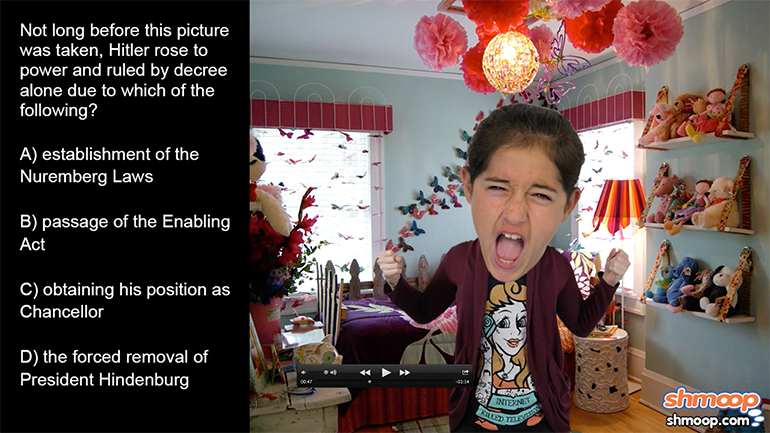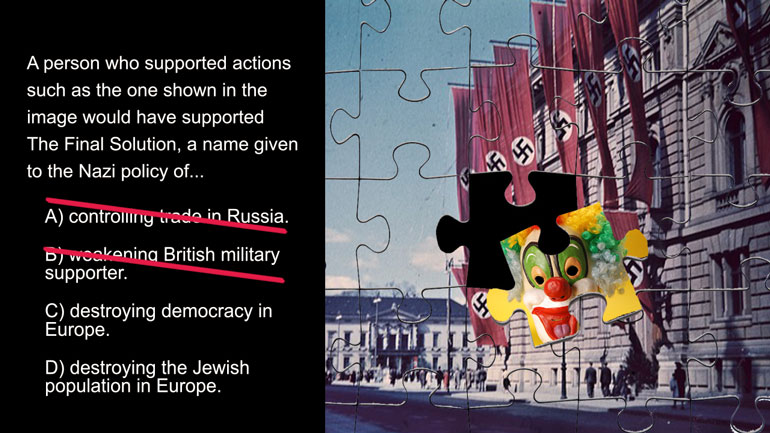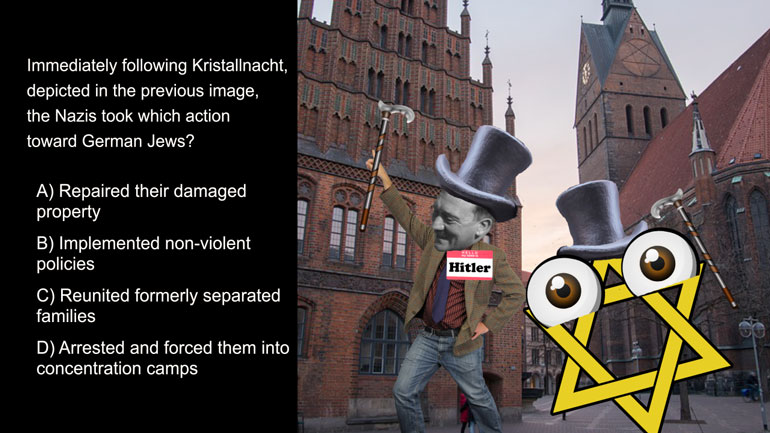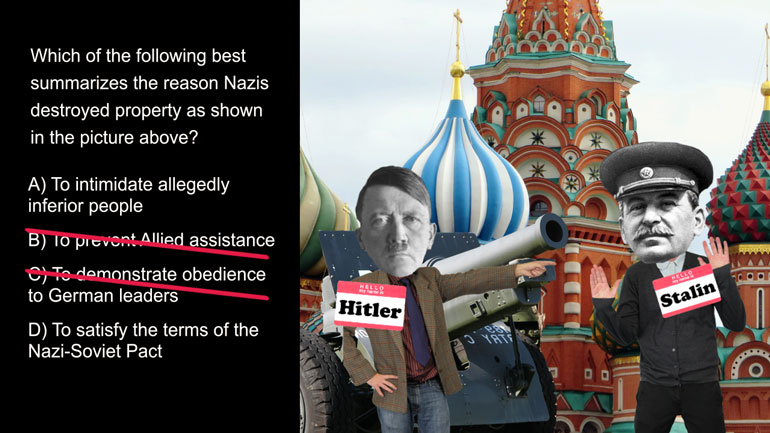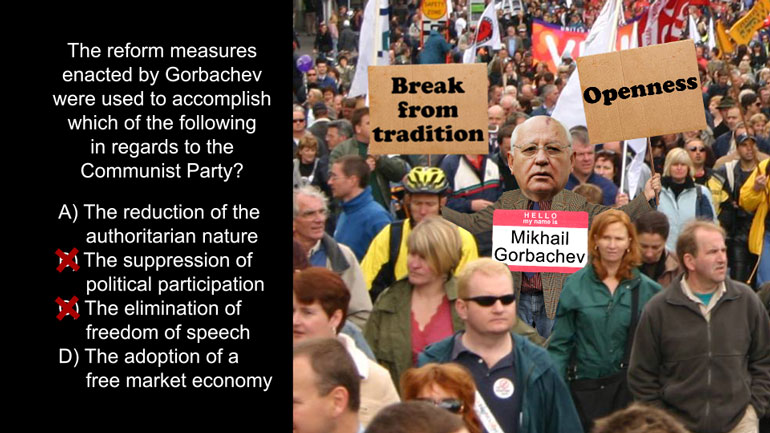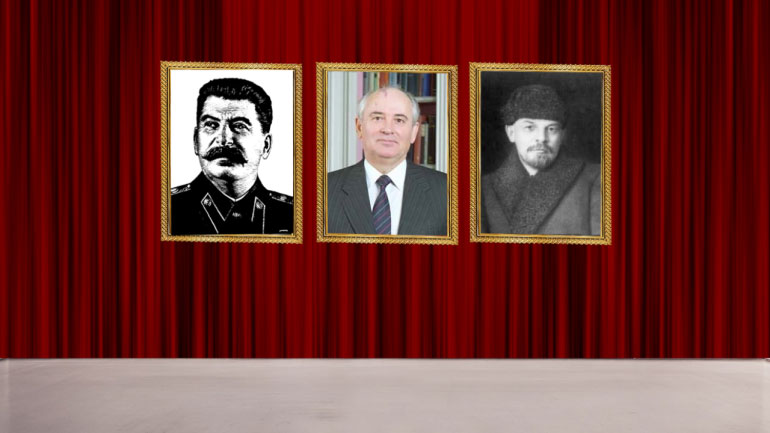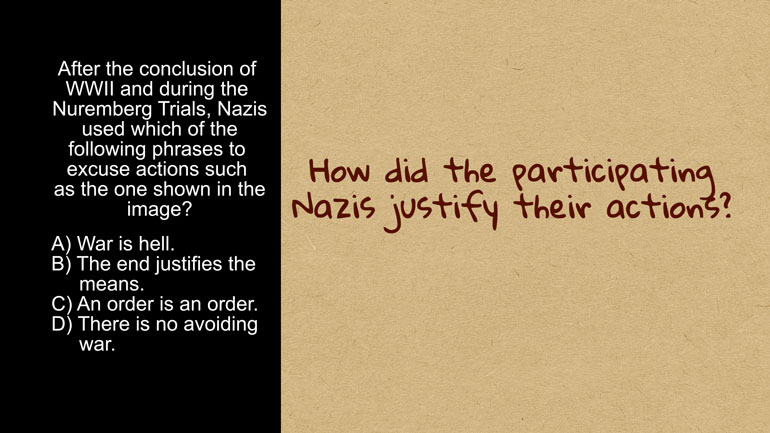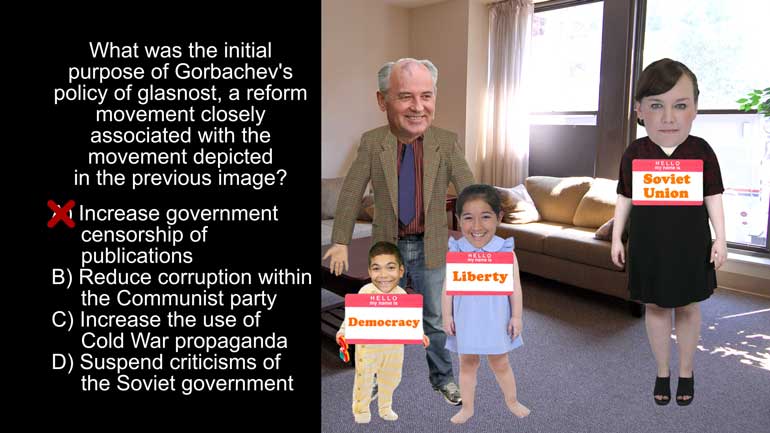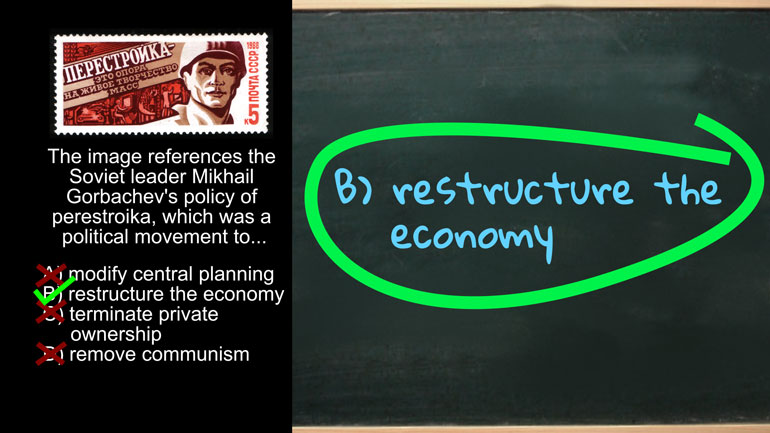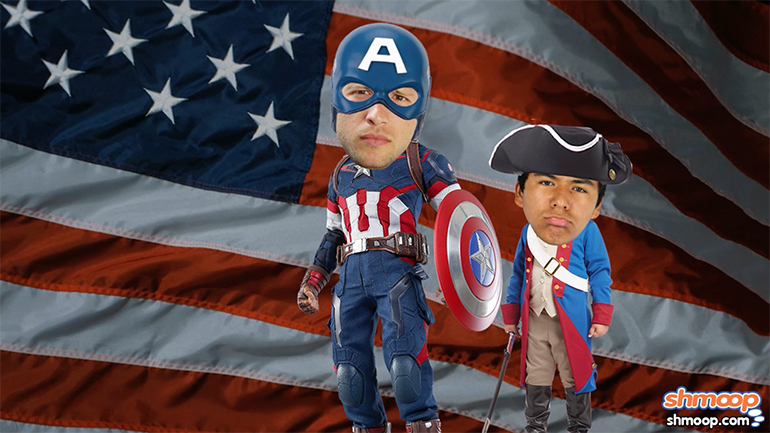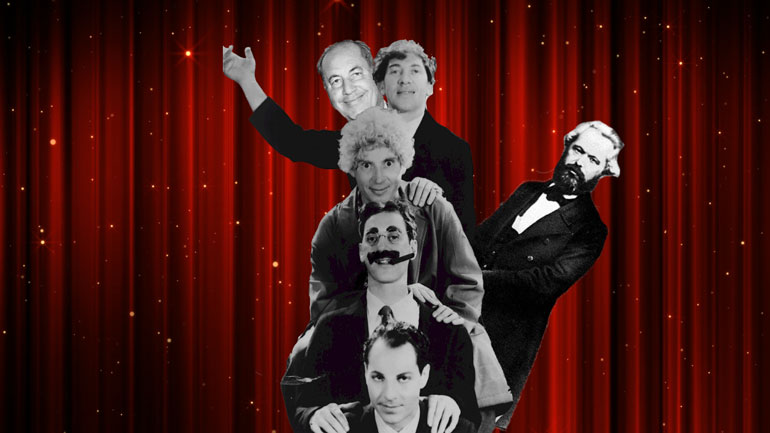ShmoopTube
Where Monty Python meets your 10th grade teacher.
Search Thousands of Shmoop Videos
Period 4: 1914-Present Videos 9 videos
AP European History 1.2 Period 4: 1914-Present Not long before this picture was taken, Hitler rose to power and ruled by decree alone due to which...
AP European History 1.1 Period 4: 1914-Present. A person who supported actions such as the one shown in the image would have supported The Final So...
AP European History 1.4 Period 4: 1914-Present. Immediately following Kristallnacht, depicted in the previous image, the Nazis took which action to...
AP European History 1.2 Period 4: 1914-Present 60 Views
Share It!
Description:
AP European History 1.2 Period 4: 1914-Present Not long before this picture was taken, Hitler rose to power and ruled by decree alone due to which of the following?
Transcript
- 00:03
Here's your shmoop du jour brought to you by President
- 00:06
Hindenburg a man who's distinguished name could have been given to a [Sign of Hindenburg University]
- 00:10
university or a library but well then someone named a blimp after him.. poor guy
- 00:16
well take a look at this image Kristallnacht yeah, here's question not
- 00:21
long before this picture was taken and Hitler rose to power and ruled by decree [German people looking into a smashed store window]
Full Transcript
- 00:24
alone due to which of the following and here your potential answers [mumbling]
- 00:31
.....Well before moving forward it's important to clarify what ruled by [camera going quickly through a busy street]
- 00:34
decree means.. Essentially it's a style of ruling that allows for a quick and [Teacher holding his hands in the air]
- 00:38
unchallenged creation of laws by a single person or group it's most
- 00:42
commonly used by dictators, absolute monarchs and older sisters...naturally then [Older sister screaming]
- 00:48
Hitler was a fan but what was it that allowed him to rule in such a way was it
- 00:53
the Nuremberg laws, not quite these were actually the laws that allowed Nazi [two people looking at a German chart]
- 00:58
Germany to persecute Jewish people and excluded jews from Reich citizenship
- 01:03
they couldn't own land in Germany.. terrible yeah, our answer no. C and D are
- 01:08
intimately linked so we'll address them together Hindenburg was never removed
- 01:12
from power he actually died of lung cancer while in office. So D doesn't [Hindenburg sat at a table]
- 01:16
make much sense and Hitler didn't technically obtain a position of
- 01:19
Chancellor instead he merged the position with the presidential role and
- 01:23
gave it a shiny new name Fuhrer, so C doesn't fit either what allowed Hitler [Hitler with the title Fuhrer below his face]
- 01:27
to rule without contention was in fact the very suspicious sounding enabling
- 01:32
act which was passed as an amendment to the 1933 Weimar Constitution and did [German soldiers marching]
- 01:37
exactly what you'd expect; it enabled Hitler the power to enact laws without
- 01:41
the involvement of the German parliament which is we're also painfully aware was [Girl looking confused]
- 01:45
really not the greatest of ideas it is however the correct answer to the
- 01:48
question knowing this makes your older sister all the more scary doesn't it [Older sister looking angry in her room]
- 01:52
because while Hitler at least had to pass a lot of rule by decree she didn't.. and
- 01:56
that's the sign of a real dictator.... hahahaha
Related Videos
AP European History 1.1 Period 4: 1914-Present. A person who supported actions such as the one shown in the image would have supported The Final So...
AP European History Period 1: 1450-1648 Drill 2, Problem 1. As a result of the meeting in the image, which of the following occurred?
AP European History Period 3: 1815-1914 Drill 2, Period 1, Les Demoiselles d'Avignon represented the beginning of which of the following art m...
AP European History Period 3: 1815-1914 Drill 2, Problem 4. Paintings like the one depicted above were a direct reflection of what?
AP European History 1.4 Period 3: 1815-1914. As evidenced through the passage above, Karl Marx was a passionate leader and is considered the father...
